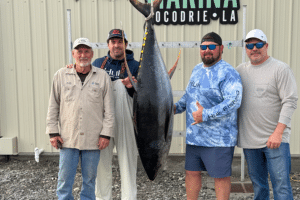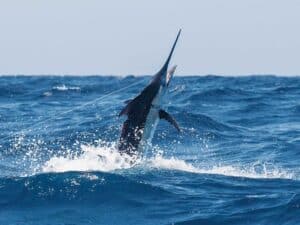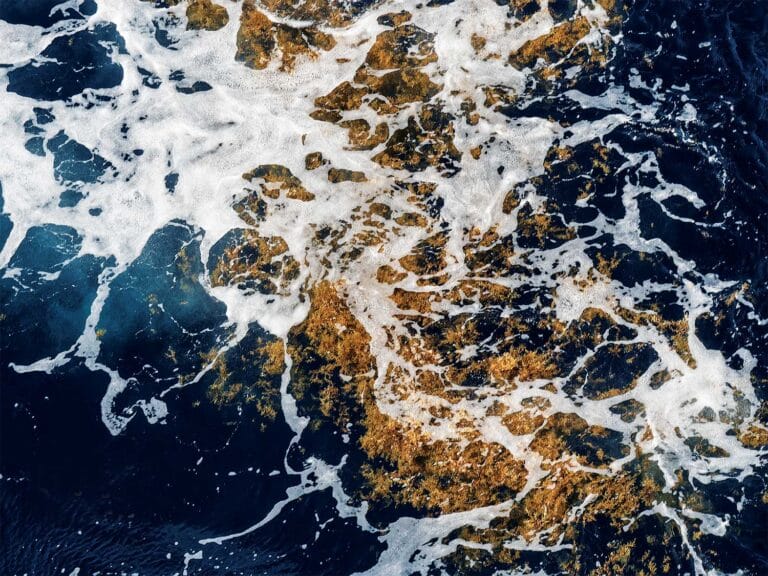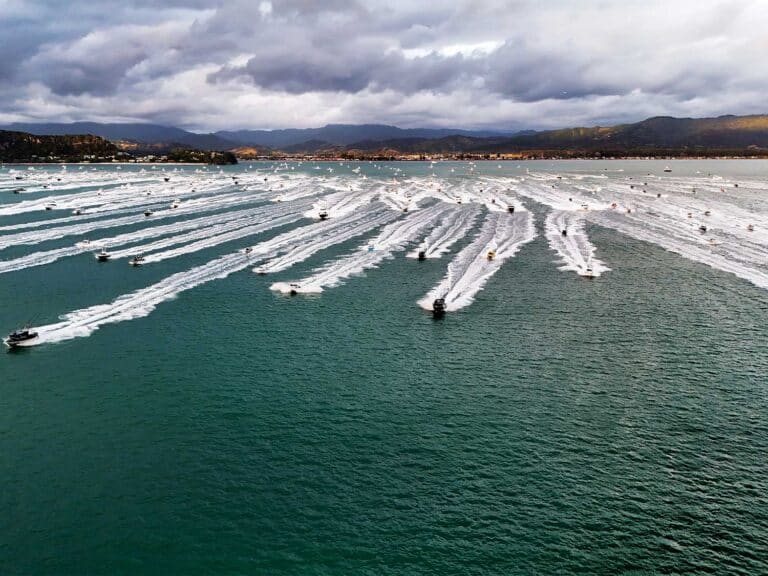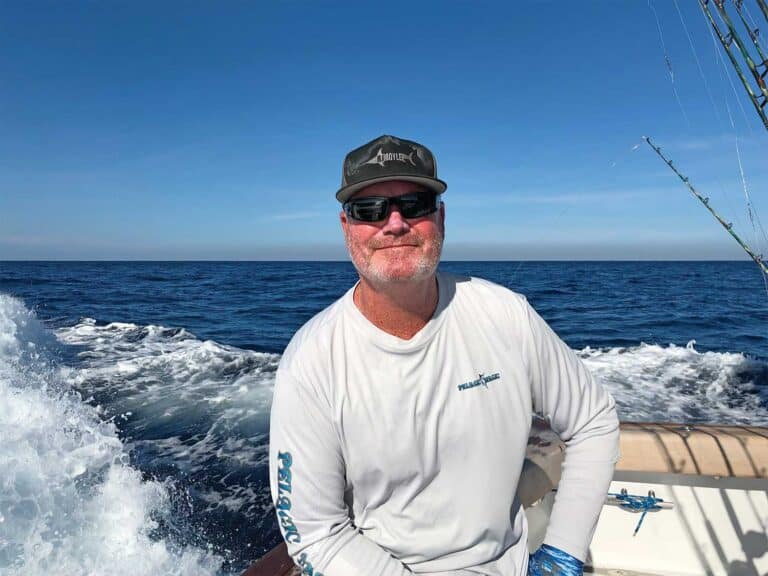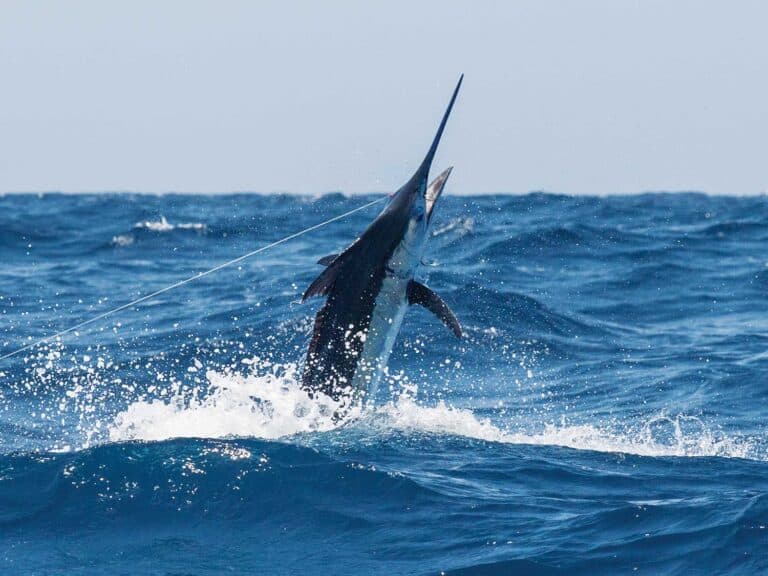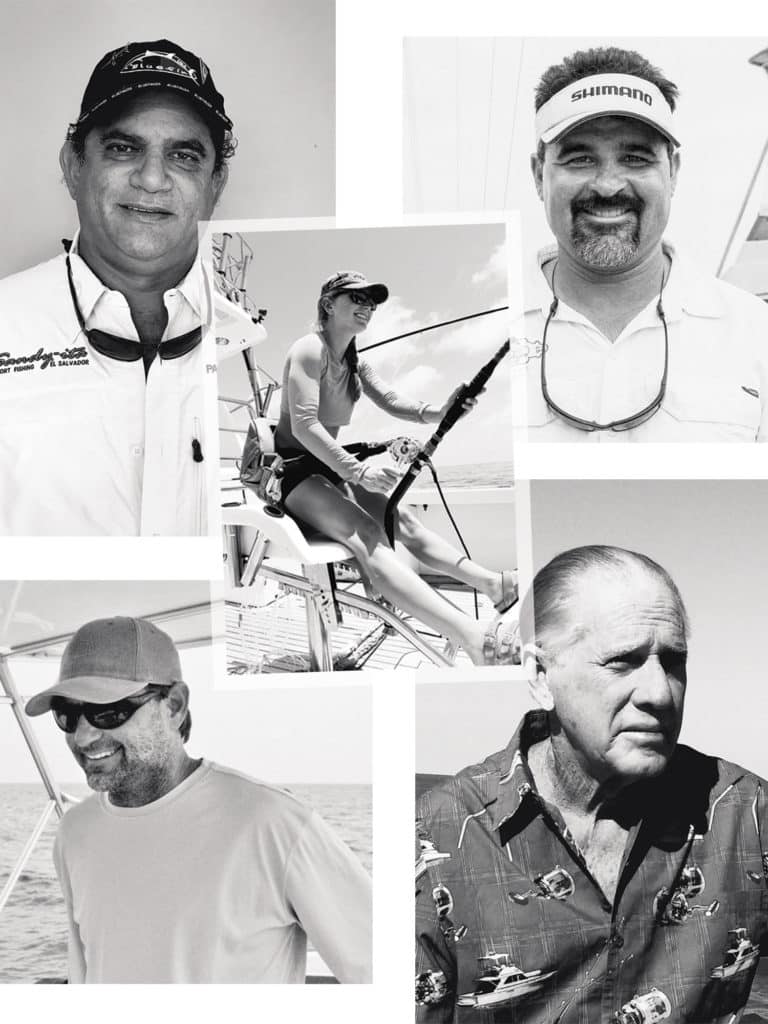
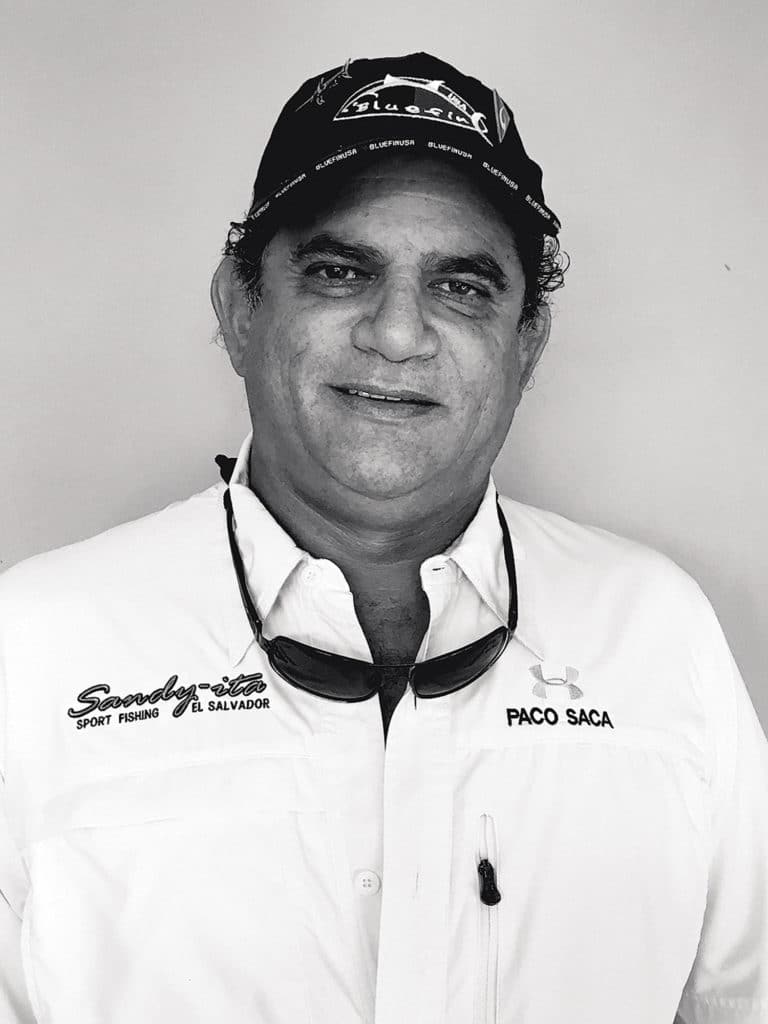
Paco Saca: On board Sandy-ita, releasing marlin is the rule, no questions asked. We fight our fish aggressively to make it less stressful for them and also to achieve a healthy release. We’ve had the opportunity to break El Salvador’s blue marlin record twice with fish that were close to or over a thousand pounds, and we’ve let them go with no regret at all. I’ve promoted catch-and-release in El Salvador and other countries in Central America — a position that has earned me quite a few good friends and some not-so-good friends. We avoid fishing small kill tournaments. The only instance I would consider throwing the irons to a fish would be in a prestigious big‑money event.

Jack Duvall: I caught my first blue marlin in Bimini in November 1973. As was the custom, the fish was gaffed, clubbed and hung on the scales at the dock. That was nearly 50 years ago. Our customs and habits have changed dramatically since that time. Now, in most tournaments and around the docks in the fishy parts of the world, a dead billfish is a rarity. I haven’t personally taken a billfish since 1984 (and that was in a tournament, which I won). I do participate in two of Wayne Bisbee’s tournaments down in Mexico each year; if we catch a blue or black marlin over 300 pounds, we will harvest it if it has a chance of winning. Otherwise, we release all billfish that are caught on my boat.
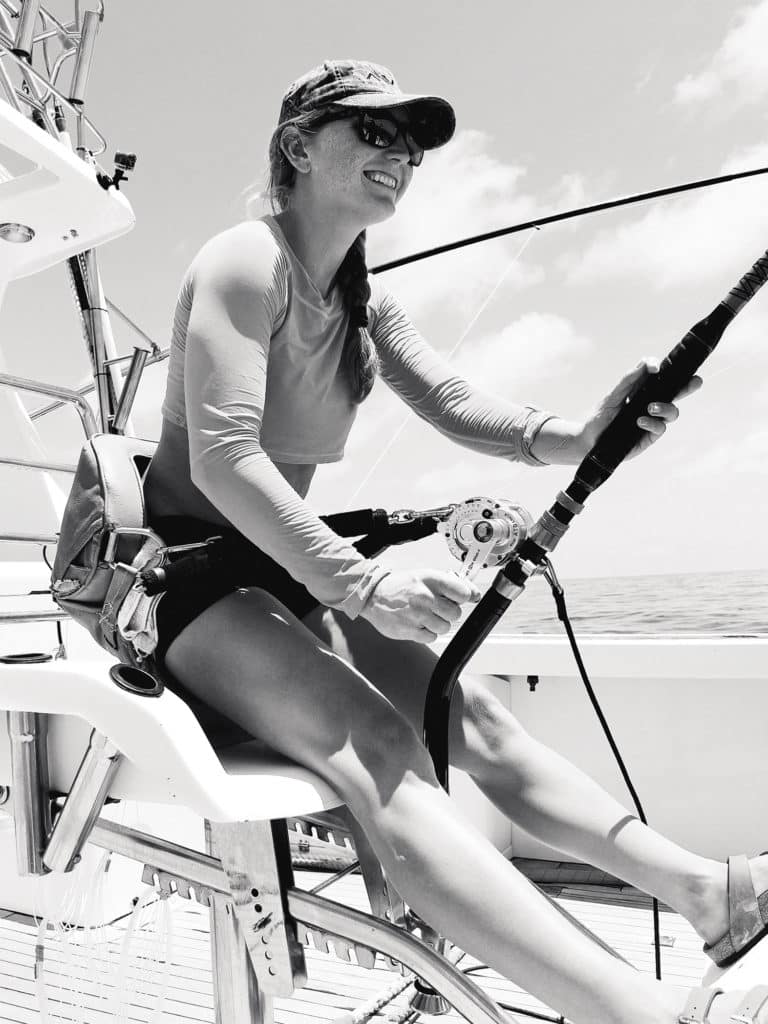
Stephanie Choate: I would only kill a marlin with a crew I trusted and, more importantly, that I felt good about experiencing something like that with. Taking a marlin is a powerful and intense experience that should be considered as a group and individually. You’ll live with this experience and your decision forever, so making it the best scenario you could think of is what makes it all worthwhile. It’s a personal decision every time, and if it’s the right one in the given circumstances — a tournament or a record, for example — feeling 100 percent confident in your heart that you made the right choice is all that matters.
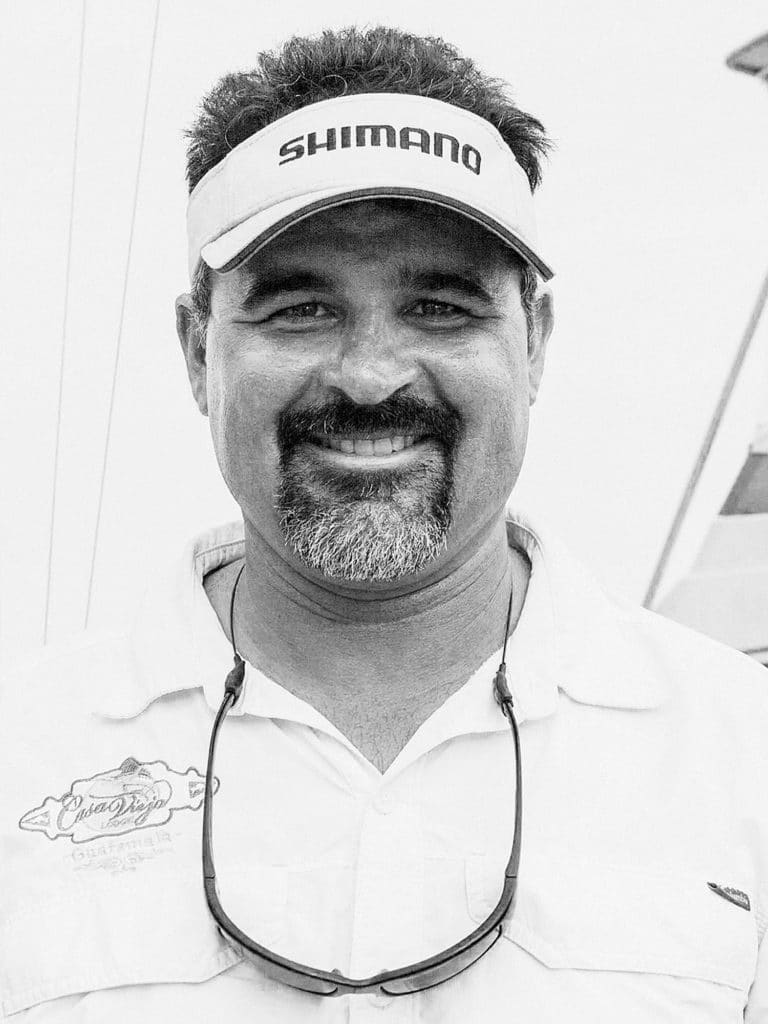
David Salazar: I practice what I preach: conservation. It’s the thrill, the anticipation and the look on a client’s face when they land their first blue marlin and set it free again. The incredible billfish numbers are what keep our clients coming back, so we have to do what we can to preserve those spectacular numbers for future anglers. Guatemala is the first and only country in Central America to protect and regulate the commercial billfish industry and that tremendously aids our efforts. We don’t take any billfish here in Guatemala — we fish truly for the love of the sport. I firmly believe other countries need to take this stance to protect their billfish and the future of the sport.
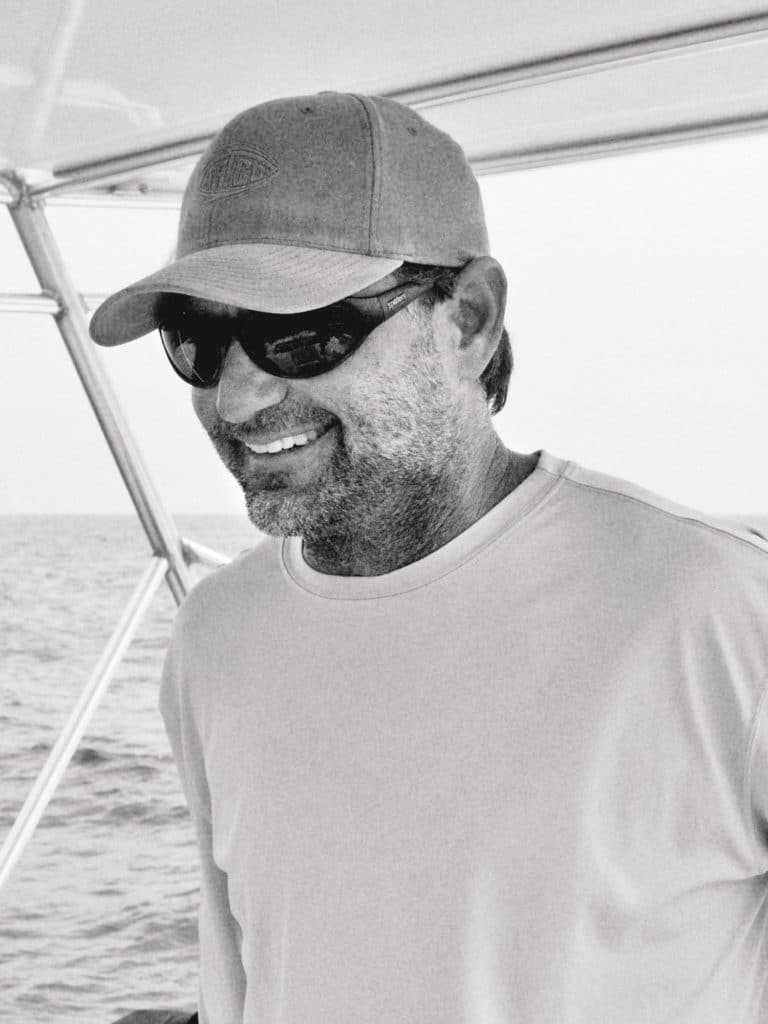
Bryan Toney: Weighing a billfish is an extremely controversial subject; everyone has a pretty strong opinion on both sides. My personal opinion is that I don’t really want to kill one unless it’s a potential record, or if it’s in a tournament or a small one to eat. For some reason, people tend to put billfish on a higher pedestal compared to other fish — probably because of their beauty and enjoyment in hooking and fighting them, which I understand. But when it really comes down to it, if you’re 100 percent against killing a billfish, then you should not be fishing for them in the first place.
